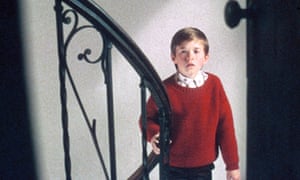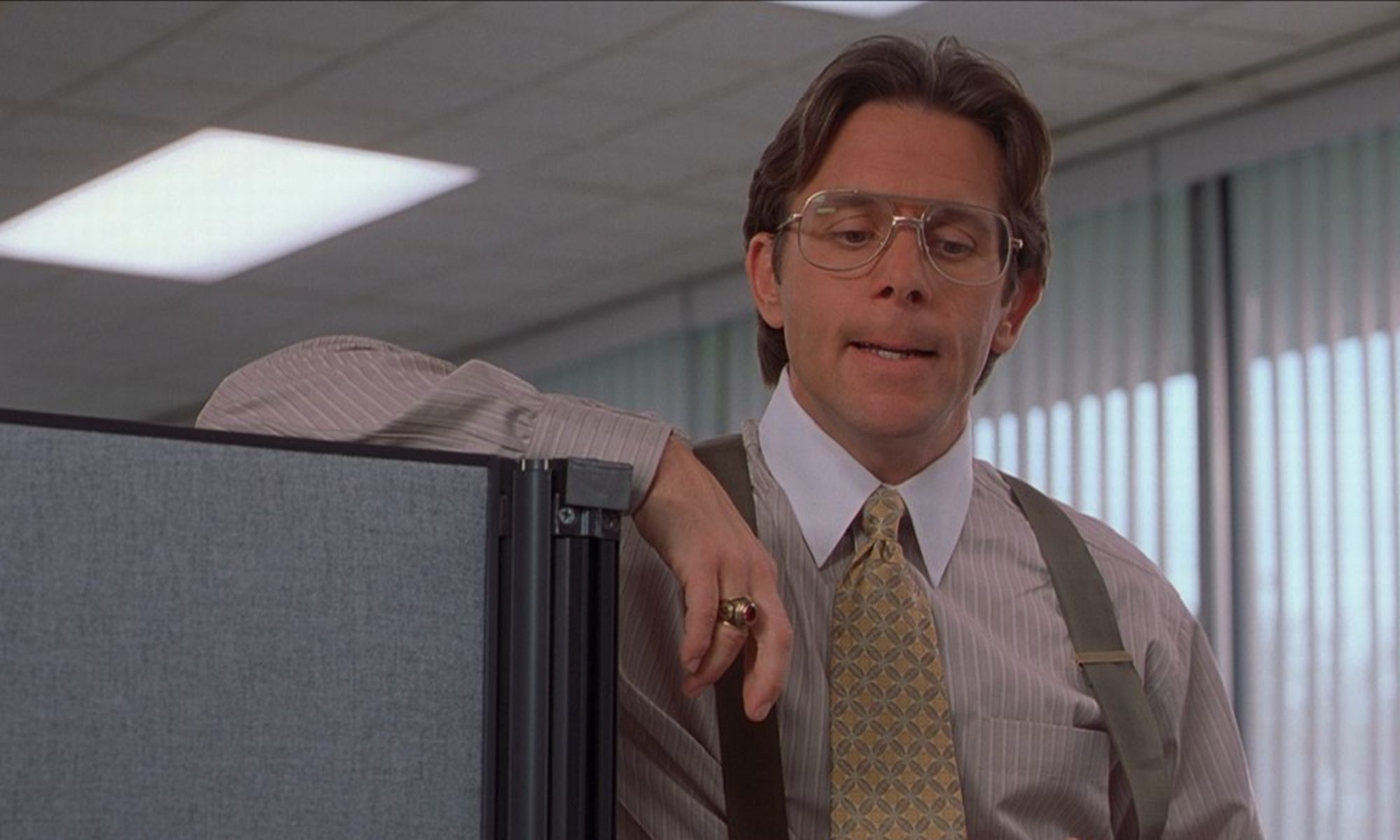The Sixth Sense is a well-loved classic thriller movie from 1999. It was directed by M. Night Shyamalan and had Bruce Willis and Haley Joel Os as the leading roles. The story centers around an 8-year-old boy, Cole Searthat (Haley Joel Os) has a supernatural ability to see dead people wherever he goes. A successful child psychologist (Bruce Willis) that gets a little too wrapped up in his work, finds Cole and makes it his sole mission to help him through his problems. The reason behind The Sixth Sense’s immense success is mostly due to how well they pulled off the twist at the end. The movie started off with a graphic scene of an old patient breaking into the psychologist’s home and shooting him in the stomach. Before finding out what happens to the psychologist the plotline introduces the boy and you kind of assume that he just healed from his injury.
In The Sixth Sense, the lighting and sound during the suspenseful parts are created to trigger a deeper reaction in the audience. From sound and music, in the opening of the film you can hear an eerie sounding violin playing and the theme of classical music carries on throughout the film. The high pitched whining of the violins really seems to put people on edge and adds to the suspense of the situation. Another aspect that adds suspense is how light or dark a certain scene is. For example, whenever Cole runs into his ghosts the lighting gets really dark and the violins in the background get louder. “The unusual lighting causes tension in the audience” (Fu). The director uses a various amount of sounds, especially in pop up scenes or scenes that at one point lead up to being a thriller or horror scene. Seeing from lighting, in the film you see many different scenes where the director uses the style of low-key lighting in order to emphasize the dark or creepy moments that are either currently happening, or in the transition stage of close to happening. By the director doing this I feel like he does a great job in isolating the thrill in the movie and leaving his audience on the edge of their seat in desperation to know the upcoming events. Horror movies take a lot of time in working with the lighting in order to always give a darker/overcast type of look to give a night impression throughout the entire movie.
The biggest feature of this film also is the complexity of its narrative structure. The director divides into two storylines, one is the romantic story between Malcolm and his wife and another is Cole and his mother. The narration is developed between the two storylines. Early clues make the audience understanding of the film into confusion. Audiences will completely understand the whole story after the disclose at the end of this film. In this film, the director used temperature several times. There are times when the temperature drops and the characters breathe white. Among them, when Malcolm approaches his wife, she wraps her shawl tightly around her in her sleep, a clue that Malcolm is dead. But we won’t know the truth until we get to the end. Most viewers will be puzzled by this clue. On the whole, the film is chronological. With the experience of Cole and Malcolm and the passage of significant time, the narrative moves from being confined to omniscience.

While using shots, M. Night Shyamalan makes their shots to convey varied messages and emotions to the audience. For example, in the magic scene when Malcolm talks to Cole, there uses a tracking shot that moves the camera to Malcolm. While moving, the audience only see Malcolm on the middle of the screen talking to someone in the chair. When the shot shifts to Cole, Shyamalan makes the audience a little confused about this “magic” moment and therefore pave a deeper clue for the existence of Malcolm. Then, Shyamalan uses a lot of continuity editing in many scenes to create a sense of smooth and flow for the story. For instance, in the scene of Cole is trapped by the other two boys, the shots of Cole’s mother’s going upstairs create a high level of continuity that makes the body actions of the character natural.
The film is highly logical. There will not be too much contradiction between plot arrangement and plot composition and the end. While watching the movie, the audience will not question the logic of the plot. As the basic elements of suspense horror movies, the strong visual impact and the scary music effect are fully used. this film is said to be one of the great 100 scenes and I can easily see why. The director does a very well job while making the movie when it comes to stay on track and is very persistent with the storyline. by the director doing this, I feel like he reduces the confusion that can be easily assumed in a movie that jumps around a whole lot. By analyzing films like these we gain a deeper understanding of what it takes to create a great film. By using specific vocabulary it helps us understand what the words truly mean deeper than just a definition. We are also all on the same page when it comes to an understanding of terminology and gets to practice what we are taught in class.
Sources:
Sims, David. “How ‘The Sixth Sense’ Conquered Hollywood in 1999.”
The Atlantic, Atlantic Media Company, 6 Aug. 2019, www.theatlantic.com/entertainment/archive/2019/08/how-sixth-sense-conquered-hollywood-1999/595558/.
“Sixth Sense Movie Cole Important Effects.” – SameDayPapers.me, 6 Sept. 2017, samedaypapers.me/sixth-sense-movie-cole-important-effects/.
